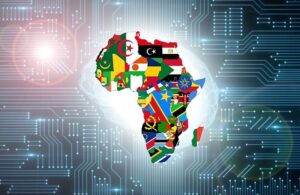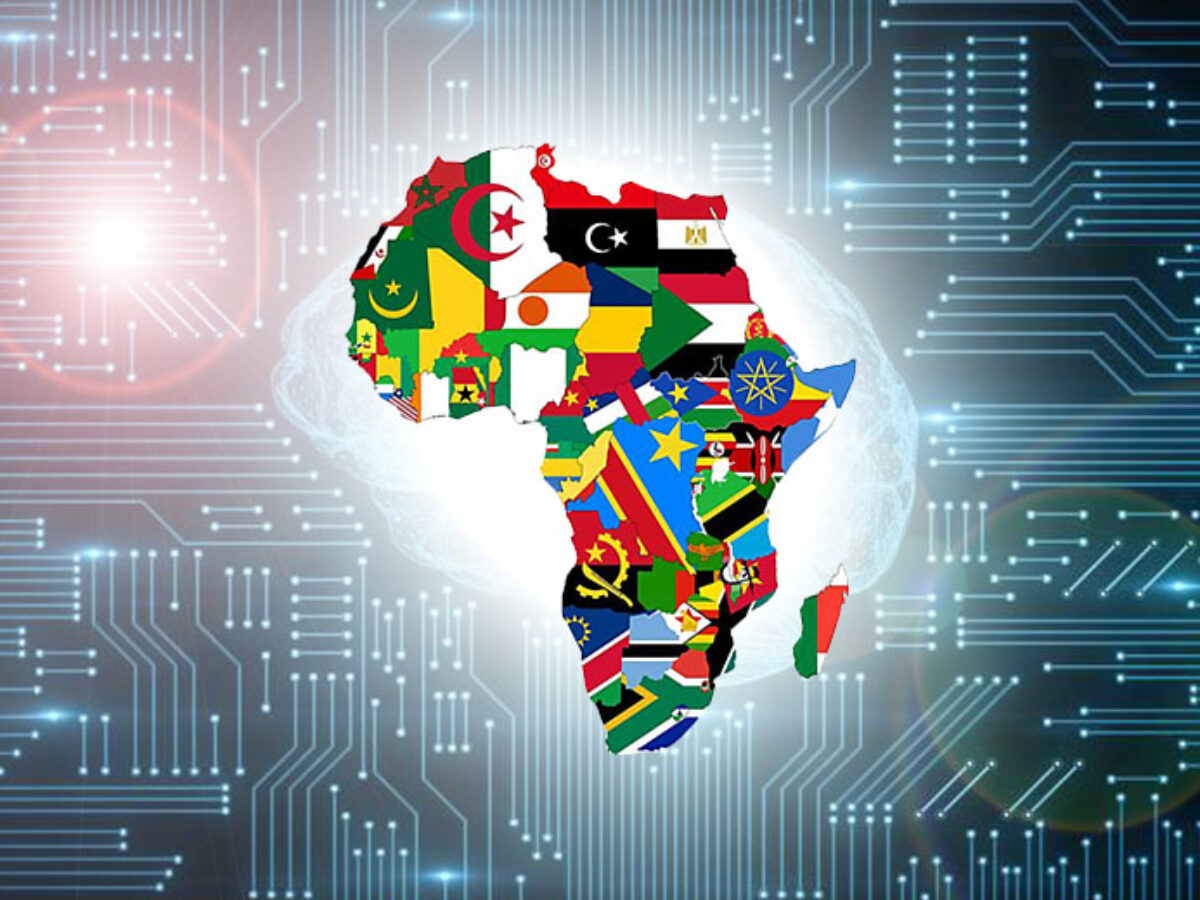
The Current Trajectory and the Imperative for Purposeful Channeling
Africa stands at a critical juncture, often cited as the next frontier for digital innovation. The continent has already demonstrated its mastery of technological leapfrogging, bypassing legacy systems like landlines directly to mobile technology, which now boasts a penetration rate exceeding 80% in many regions. Driven by a young, increasingly educated population and a vibrant entrepreneurial ecosystem, technological adoption is not a matter of ‘if,’ but ‘how’ and ‘to what end.’
The immediate success stories—most notably in FinTech, with platforms like M-Pesa pioneering mobile money—have proven that African innovators can address systemic challenges with locally tailored solutions. However, the current trajectory risks allowing technological advancement to be purely reactive, driven primarily by market demand for consumer applications and foreign investment without a coordinated, strategic continental vision.
The Imperative for Channeling:
To secure a prosperous future, Africa must move beyond passive technology consumption and reactive problem-solving. It must actively channel its technological energy—its talent, investment, and policy focus—toward solving the continent’s most intractable, foundational challenges: food security, pervasive healthcare deficits, and uneven educational access.
If technology is merely adopted, Africa remains a consumer of foreign digital goods and services, perpetually dependent on external IP and infrastructure. If technology is channeled—purposefully directed by African strategic intent—it becomes the bedrock for sustainable, inclusive economic growth, reducing dependency, and achieving true socio-economic self-determination. This channeling requires a shift from focusing solely on the ‘digital economy’ (apps, e-commerce) to building the ‘digital foundational economy’ (infrastructure, data systems, deep tech applied to core sectors).
Redirecting Innovation: Foundational Sectors and Data Sovereignty

The effective channeling of technology must prioritize three non-negotiable sectors that dictate long-term human development and economic stability, alongside a vigorous defense of digital autonomy.
1. Channeling Tech for Human Development
A. AgriTech and Food Sovereignty:

The majority of Africa’s working population is employed in agriculture, yet the continent spends billions annually on food imports. Channeling technological advancement here means utilizing IoT sensors, satellite imagery, and localized AI models to manage water, monitor soil health, predict localized weather patterns, and connect smallholder farmers directly to markets, bypassing exploitative intermediaries. The focus must be on sustainable yield optimization and resilient supply chains, turning the continent’s vast arable land into a source of wealth and nutritional security, rather than merely subsistence.
B. HealthTech and Diagnostics Access:

In regions with low doctor-to-patient ratios, centralized healthcare models fail. Technology must be channeled into decentralized, preventative, and diagnostic services. This includes deploying AI-powered diagnostics for early detection of diseases like malaria and tuberculosis, utilizing drones for last-mile delivery of essential medicines and vaccines, and leveraging telemedicine for specialized consultation. Crucially, this requires investment in secure, interoperable health data systems (EHRs) managed locally to inform public health policy accurately and in real-time.
C. EduTech and Scalable Skills Acquisition:
The future workforce requires advanced digital skills. Channeling technology here involves creating low-bandwidth, high-impact learning platforms that deliver quality, context-specific STEM and vocational training across vast geographical distances. Beyond simple online courses, the focus should be on immersive technologies (AR/VR) for practical skills training and AI-driven personalized learning pathways tailored to African curricula and labor market needs.
2. The Strategic Imperative of Data and Digital Sovereignty
As a data privacy advocate, I must stress that the most vital aspect of channeling technological advancement is securing Africa’s digital future through data sovereignty. Data is the oil of the 21st-century economy, and Africa is generating colossal amounts of it. If this data is stored, processed, and governed solely by foreign entities, it undermines economic independence.
Technological Colonization: When the foundational infrastructure—cloud services, operating systems, regulatory frameworks—are designed and controlled by external powers, Africa risks a new form of technological colonization. The channeled response must include:
- Building African Data Centers and Cloud Infrastructure: Retaining data processing within national or regional borders.
- Harmonized Data Regulation: Establishing robust, pan-African data privacy frameworks (like a localized version of GDPR) to protect citizen rights and ensure fair data use, preventing exploitation by international actors.
- Developing Local Talent in Cybersecurity and AI Ethics: Ensuring that the algorithms and digital systems deployed reflect African values and contexts, rather than importing biases inherent in Western or Asian models.
This strategic channeling ensures that the value extracted from African data remains in Africa, fueling local innovation and protecting individual rights.
The Pillars of Sustained Channeling: Policy, Investment, and Talent
The visionary application of technology detailed above cannot succeed without strong, interconnected pillars of support. Channeling technology is not just about invention; it is about environment creation.
1. Policy and Regulatory Harmonization
Fragmentation is the enemy of digital progress. African governments must channel their legislative power to create a seamless digital single market.
- Interoperability: Standardizing mobile payment protocols, digital identity systems, and cross-border data transfer rules to allow African start-ups to scale from one country to a continental market of 1.4 billion people instantly.
- ‘Innovation Sandboxes’: Creating flexible regulatory environments where novel technologies (like drone delivery, decentralized finance, and gene-editing) can be tested and deployed responsibly, without being stifled by outdated laws.
- Tax Incentives: Offering strategic tax breaks and incentives for companies that build local digital infrastructure (fiber optics, data centers) and invest heavily in African R&D.
2. Strategic Public-Private Investment
While venture capital has flowed rapidly, channeling technology requires investment beyond simple seed funding. It requires patient, long-term capital directed at deep-tech and core infrastructure.
- Sovereign Tech Funds: African governments, in partnership with major development banks, should establish dedicated “Sovereign Technology Funds” to invest specifically in critical, long-term national/regional projects: digital public infrastructure, green energy solutions for powering data centers, and advanced manufacturing capabilities (Digital Industrialization 4.0).
- De-risking Deep Tech: Government contracts and procurement should prioritize African deep-tech solutions (e.g., satellite communication, specialized AI) to provide anchor clients and validate early-stage, capital-intensive technologies.
3. The Talent Pipeline and the Diaspora Engagement
The ultimate success factor lies in sustained investment in human capital.
- Massive Scale-up of Digital Literacy: Integrating coding, data science, and AI ethics into primary and secondary education across the continent. This ensures that the next generation are creators, not just consumers, of technology.
- Reverse Brain Drain: Creating targeted incentives, grants, and high-quality research institutions to attract the vast pool of highly skilled African diaspora technologists currently working in Silicon Valley, London, and Beijing. These individuals are essential not just for their technical knowledge, but for their understanding of global best practices and their ability to mentor local talent. Channeling their expertise home is an economic imperative.
Conclusion: Seizing the African Digital Century
Africa has an unprecedented demographic dividend and a proven capacity for innovation. The choice before us is clear: allow technological advancement to happen to us, or actively channel it toward a strategically defined, sovereign future.
This is not a plea for simple adoption; it is a blueprint for agency. By focusing our energy on foundational sectors, rigorously defending our data sovereignty, and strategically investing in policy and people, Africa can transform from a market of consumption into a global engine of sustainable, inclusive digital creation. The future of Africa is digital, but its destiny is determined by the intentional direction we give that technology today. The time for channeling is now.
By Godwin Kwasi Attah, Technology and Data Privacy Advocate


